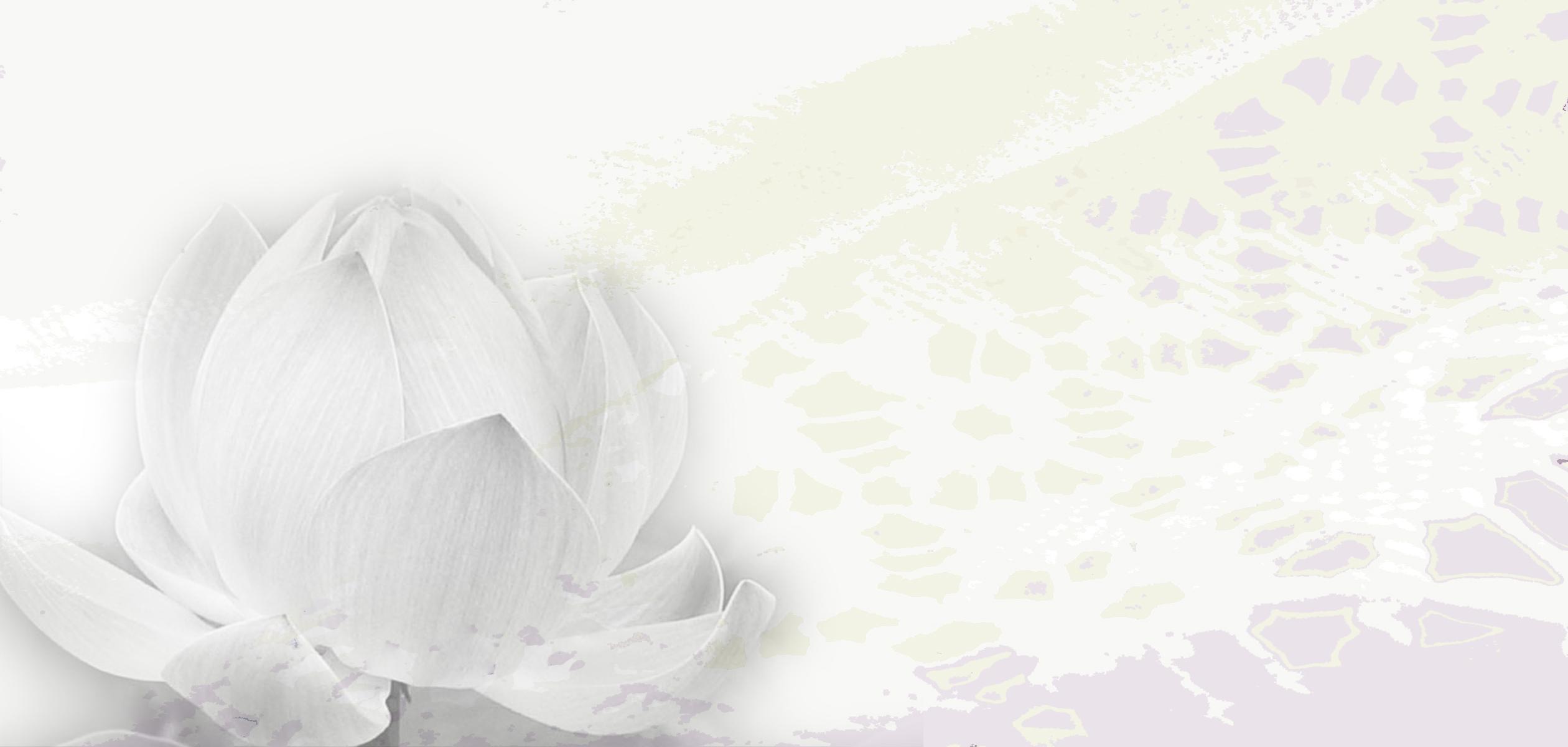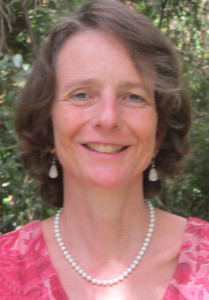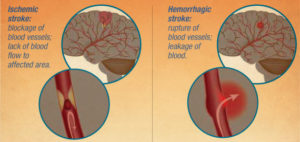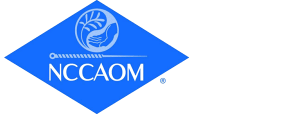Scalp Acupuncture for Stroke Recovery
Acupuncture can be a remarkable treatment in the aftermath of a stroke. Scalp acupuncture treatments can dramatically improve the rate and extent of recovery of physical and mental capabilities impacted by stroke. Although scalp acupuncture efficacy is not limited to patients who suffered a recent stroke, best results are achieved if the stroke patient starts acupuncture treatment as soon as they are in stable condition. Acupuncture treatments can facilitate return of speech capability, memory, cognitive capability and blood flow as well as recovery from paralysis.
Scalp acupuncture is a relatively new type of treatment for stroke recovery, ALS, Parkinson’s Disease and other neurological conditions. Highly effective acupuncture protocols have been developed for the treatment of stroke patients. Time is of the essence. The sooner the patient begins to receive acupuncture, the more quickly and the more fully will the disabling effects of stroke be reversed. Acupuncture for stroke is a safe, non-pharmaceutical treatment and as such can be applied at the same time as other medical modalities are in use.
Bethany Bechtel, AP, PhD, trained in stroke recovery under the direct guidance of Kathleen Leavy, AP, utilizing the scalp acupuncture technique developed by Dr Jiao Shun-fa and Dr. Lin Xue-jian. Leavy studied directly with Dr. Lin (1921-2011) who contributed extensively to the development of scalp acupuncture during her long and productive life. She was the first to introduce and clinically apply the silent areas of the cerebrum and new areas of the cerebellum in scalp acupuncture. Call for an appointment: Bethany Bechtel, AP, PhD 352-222-3816
Scalp Acupuncture for Stoke | Q & A
Q: How soon after a stroke should I come in for acupuncture?
A: As soon as your condition is stable.
Q: I had a stroke a long time ago. Is it too late for acupuncture to help me?
A: No. Although it is best to come in as soon as possible after a stoke, improvements have been reported in patients who suffered strokes many years before seeking scalp acupuncture treatment.
Q: What types of stroke-related conditions can scalp acupuncture address?
A: Scalp acupuncture can address many types of post-stroke conditions including but not limited to paralysis, numbness, speech difficulties, fine coordination issues, gross motor control, and vision and hearing problems.
Q: Does the type of stoke I have had affect how well scalp acupuncture may work for my condition?
A: Scalp acupuncture is most effective for ischemic strokes. However, the effects of hemorrhagic strokes can also be addressed with scalp acupuncture. A special set of scalp areas is used for strokes affecting the cerebellum.
Q: Is scalp acupuncture painful?
A: There can be some discomfort on needle insertion. If the needles remain uncomfortable after a few minutes in the scalp the practitioner will adjust or remove the needles.
Q: Can I do scalp acupuncture while receiving physical therapy?
A: Yes, these two modalities are perfect complements. Physical therapy is ideally performed with scalp needles in place. Scalp needles can be left in place for up to 8 hours during which time the patient is encouraged to perform exercises and any tasks of daily living, particularly the ones affected by the stroke.
Q: How many treatments will I need?
A: This will depend on every individual. Ideally, I recommend starting off with once or twice per week for four to six weeks.
Q: What method of scalp acupuncture do you use?
I utilize the scalp acupuncture technique developed by Dr Jiao Shun-fa. Check my Neurological Conditions page for more information about this technique.
A Stroke cuts off vital blood flow and oxygen to the brain. Two million brain cells die every minute during stroke, increasing risk of permanent brain damage, disability or death.
There are two types of stroke: ischemic stroke and hemorrhagic strokes. Ischemic stroke occurs when arteries are blocked by blood clots or by the gradual build-up of plaque and other fatty deposits. About 87 percent of all strokes are ischemic. Hemorrhagic stroke occurs when a blood vessel in the brain breaks leaking blood into the brain. Hemorrhagic strokes account for 13 percent of all strokes, yet are responsible for more than 30 percent of all stroke deaths.
The video documentary below by the Acupuncture Now Foundation provides stories of acupuncture treatment of the neurologic complications of pediatric stroke and brain tumors.
In the United States, stroke is a leading cause of death and of serious, long-term adult disability, Stroke Sequelae.
The results of a stroke vary, but symptoms can include:
People who receive early intervention after a stroke can make an effective recovery, sometimes regaining almost all the function lost during the stroke. Chinese scalp acupuncture is most effective when received with six months of experiencing a stroke, but even longterm stroke patients have experienced improvement with treatment. Scalp acupuncture is a contemporary acupuncture technique with just 40 years of history. It integrates traditional Chinese needling methods with Western medical knowledge of the cerebral cortex and has been proven to be a very effective technique for treating aftermath of stroke or mini-stroke, multiple sclerosis (MS), and other central nervous system disorders.
While the benefits of acupuncture therapies for stroke are well known in China and Japan, its introduction in the US is relatively recent, with few practitioners having the training to carry out the protocols.
The medical profession as a whole is waiting for randomized, clinical trials before recommending acupuncture for stroke. While we fully support clinical trials, we also know that there are thousands of patients who could benefit now from this low-cost, safe treatment.
LINKS




